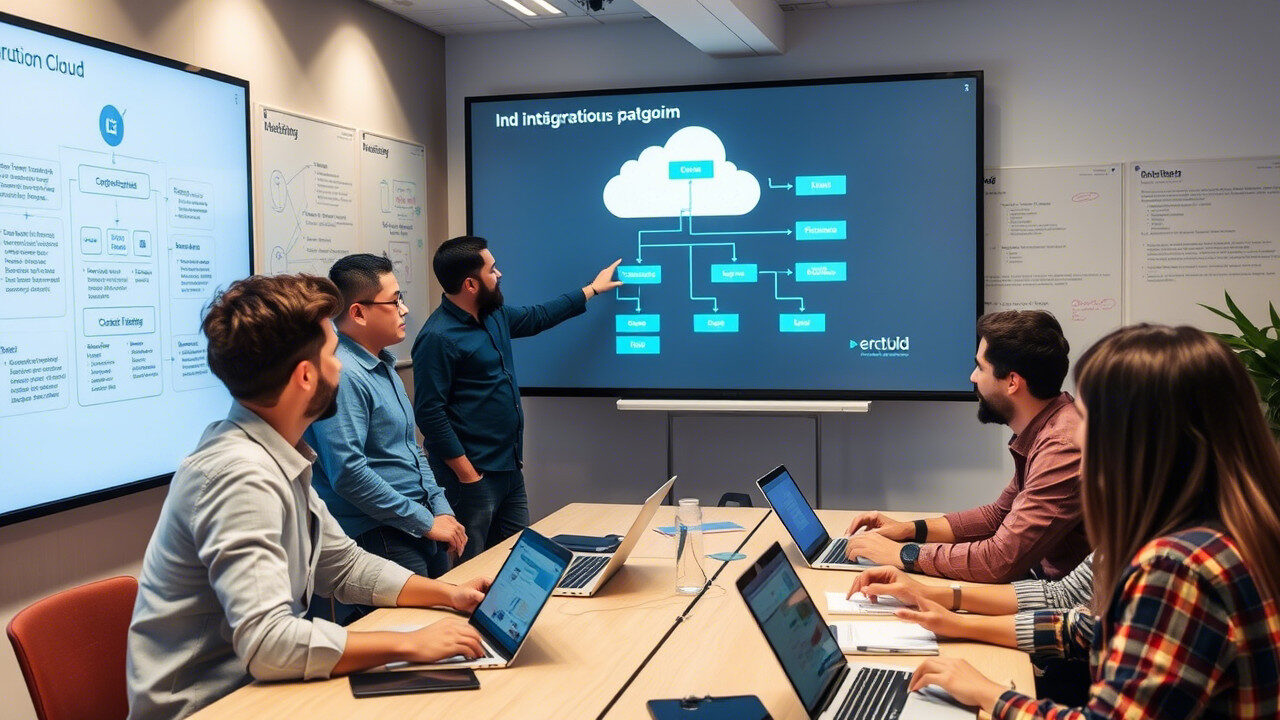It is true that, across languages and frameworks, GitHub Copilot invariably appears as a powerful AI coding assistant whose contribution enables developers to clean up their codes and improve performance speed. However, it simply isn’t up to the mark while trying to assist in containerized environments, for example, running on Docker and Kubernetes. Developers experience unsuitable code suggestions, sometimes confusing contexts and at worst just plain no support-by-Copilot. Such container-related issues arise quite often from the simply how the individual project environments are structured and run, and the complexity of orchestration layers involved.
This blog shows a really detailed, step-wise procedure on how to diagnose and resolve Copilot-related issues while working inside a containerized setup.

Why Copilot Struggles in Containerized Environments
While Copilot runs locally within your IDE (like VS Code), many development teams use Containers to isolate services, replicate production environments, or manage microservices. This often leads to a disconnect:
- Copilot doesn’t access the container runtime
- It may miss service dependencies or file context inside Docker images
- Kubernetes manifests and service mesh layers can confuse Copilot’s context
Understanding these architectural nuances is key to resolving Docker/Kubernetes compatibility problems with Copilot.
Step 1: Develop Outside the Container First
Restricting containerization is great for consistent development, but Copilot works suitable with its standard local environments. So get writing and testing your code away from the confines of the container to allow Copilot to operate in a more available context.
✅ suitable Practice:
- Use Docker only for runtime/testing stages
- Mount volumes into containers for later testing
- Keep the development environment native where possible
This helps mitigate container issues while leveraging Copilot’s full potential.
Step 2: Expose Key Files to the Host Environment
Copilot relies on the files it can “see” in your local filesystem. If your source files are deeply nested or abstracted inside containers, suggestions may break or become irrelevant.
✅ Action Items:
- Map project directories to local paths using Docker volumes
- Avoid mounting containers in isolated or ephemeral paths
- Ensure your IDE can access all config, code, and Docker/Kubernetes manifests
This improves file-level context and reduces Containers-related friction.
Step 3: Provide Copilot with Docker and Kubernetes Context
Copilot does not natively “understand” container metadata unless it’s exposed in readable files. Add Dockerfile, docker-compose.yml, and Kubernetes YAMLs to your project root.
✅ Include:
- Dockerfile comments that describe base images and tools
- Kubernetes service and deployment manifests
- Example config files (.env, config.json, etc.)
This guides Copilot to generate better suggestions relevant to your orchestration environment.
Step 4: Simplify Multi-Container Complexity
Docker/Kubernetes stacks often involve multiple interconnected services. Copilot may get overwhelmed if your file tree includes too many service folders or shared logic files.
✅ Tips:
- Structure services in distinct folders (e.g., /auth, /api, /frontend)
- Limit cross-service dependency clutter
- Use a well-labeled docker-compose.yml or k8s folder
Organizing services clearly helps Copilot identify which files relate to which Containers, improving its code suggestions.
Step 5: Add Dev Containers for IDE Integration
Extend the bridge between Copilot and your containerized development workflow using dev containers. VS Code supports the use of .devcontainer.json files that define a container-based development environment that increases compatibility with Copilot.
✅ Example:
{
“name”: “Node Dev Container”,
“dockerFile”: “Dockerfile”,
“settings”: {
“terminal.integrated.shell.linux”: “/bin/bash”
},
“extensions”: [“github.copilot”, “ms-vscode.cpptools”]
}
This ensures a consistent development setup while keeping Copilot active and relevant inside Containers.
Step 6: Validate Orchestration Layer Compatibility
In Kubernetes projects, orchestration tools such as Helm, Istio, or Kustomize might abstract infrastructure from the interpretation of Copilot. Provide Copilot with template manifests or sample values files as additional guidance.
✅ Actions:
- Add values.yaml for Helm charts
- Include rendered manifest outputs for reference
- Document each Kubernetes object’s purpose
Doing this minimizes Docker/Kubernetes abstraction issues, enabling better support from Copilot.
Step 7: Update Everything Regularly
Outdated Docker, Kubernetes CLI tools, or Copilot extensions can cause erratic behavior and reduced functionality.
✅ Keep current:
- GitHub Copilot extension
- Docker Desktop / Docker Engine
- Kubernetes CLI (kubectl) and associated plugins
- VS Code Dev Container extension (if used)
Keeping your stack up to date helps Copilot adapt to modern orchestration workflows more reliably.
Final Thoughts

GitHub Copilot is meant for improving developer productivity, though the optimal efficacy of Copilot comes when local environment aligns with those in the containerized environment. You greatly reduce the most common types of container issues by exposing files, flattening project structure, development containers using; documentation for Docker and Kubernetes resource specifications. It will enhance Copilot performance and maintainability and scalability of your containers.
Why TechNow Is Your Trusted Partner for Containerized Development in Germany
As development leans towards the containerization trend, expert guidance is required while navigating Docker/Kubernetes, CI/CD pipelines, and AI toolings like Copilot. Being Germany’s number-one IT support service company, TechNow is helping organizations build up their architectures on cloud-native and container-driven platforms. From resolving problems with containers to orchestration optimization and the integration of new DevOps tools, TechNow takes care of a smooth and effective run of your development environment. Get partnered with TechNow that you’ve already put the full capabilities of GitHub Copilot in a containerized workflow-securely, scalably, and smartly.



